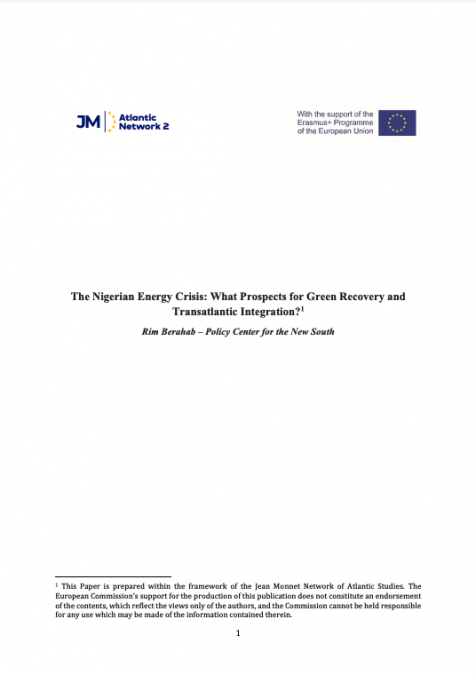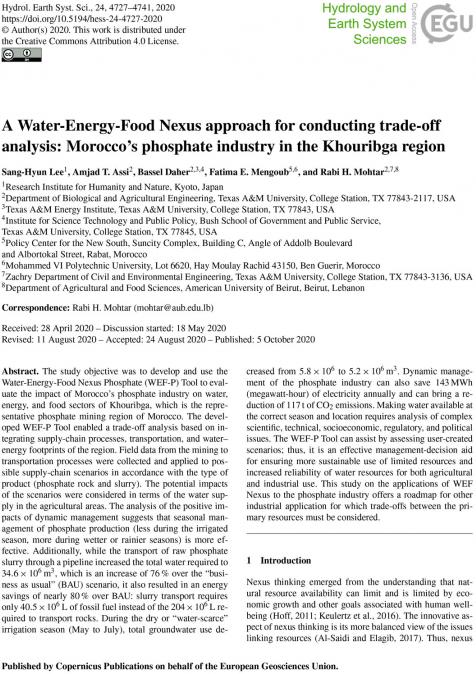Podcasts
Energy Demand and the Shadow of Recession
Related topics:
In a constantly evolving global landscape, characterized by a series of impactful shockwaves reverberating across various sectors, the energy sector stands out as one that has been significantly affected. In this podcast episode, we delve into the intricacies of oil supply and demand dynamics in the face of recent shocks and looming recession expectations. We explore the influence of decisions made by oil-exporting countries on these dynamics, and their subsequent impact on prices. Moreover, we scrutinize oil demand patterns, distinguishing between developed and developing countries. Within this framework, we also investigate the role of renewable energy sources, extracting lessons that countries can glean from this context.




